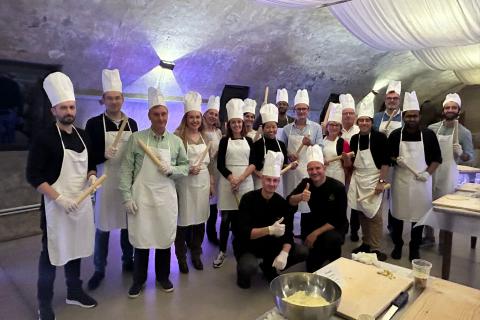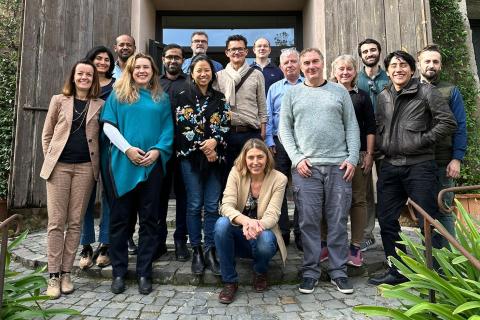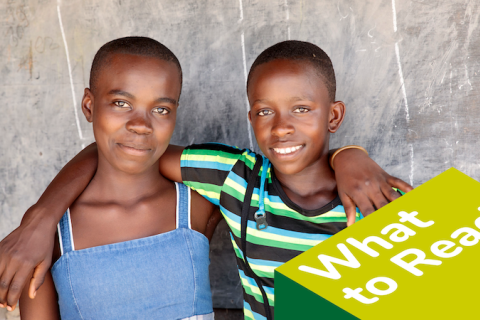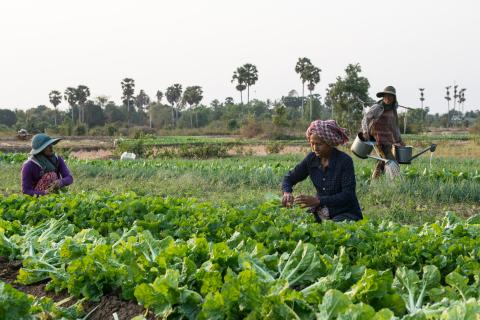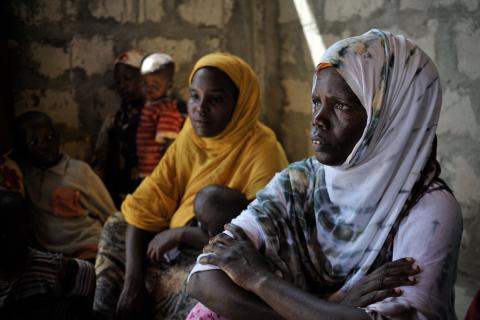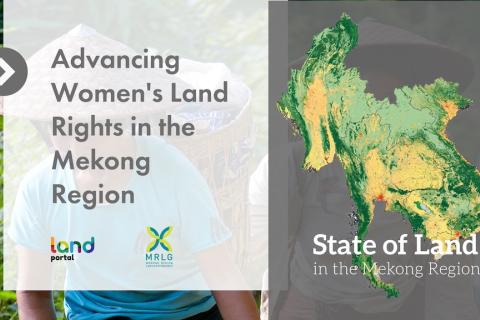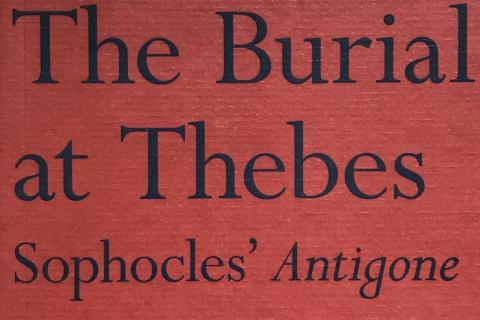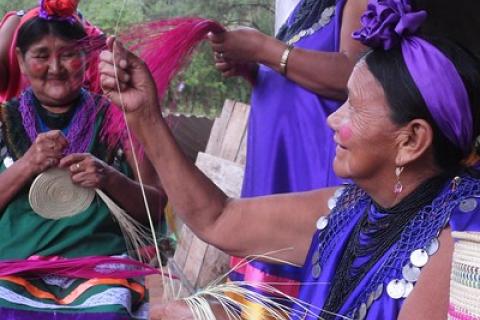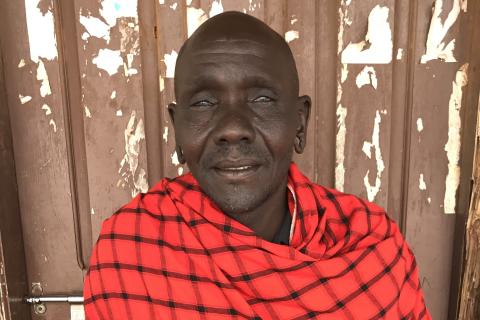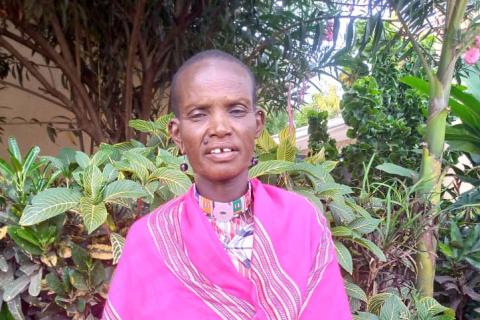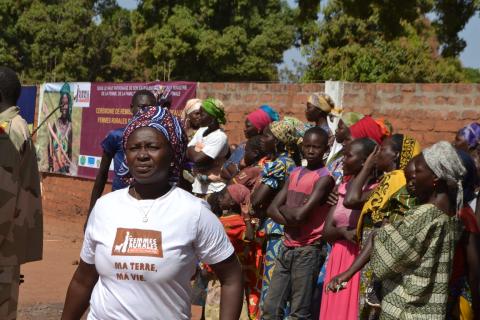Diversity, Equity and Inclusion, Feminist Leadership, the Land Portal, and Me
In my role as Chair of the Board of the Land Portal Foundation, I recently had the opportunity to take part in two trainings to help me develop my leadership skills. The first was a 2-day Feminist Leadership ReTreat in Mechelen, Belgium, which I took part in alongside our Managing Director, Laura Meggiolaro, our Board Secretary, Laura Cunial, and seven other women leaders from different civil society organisations in Europe.

